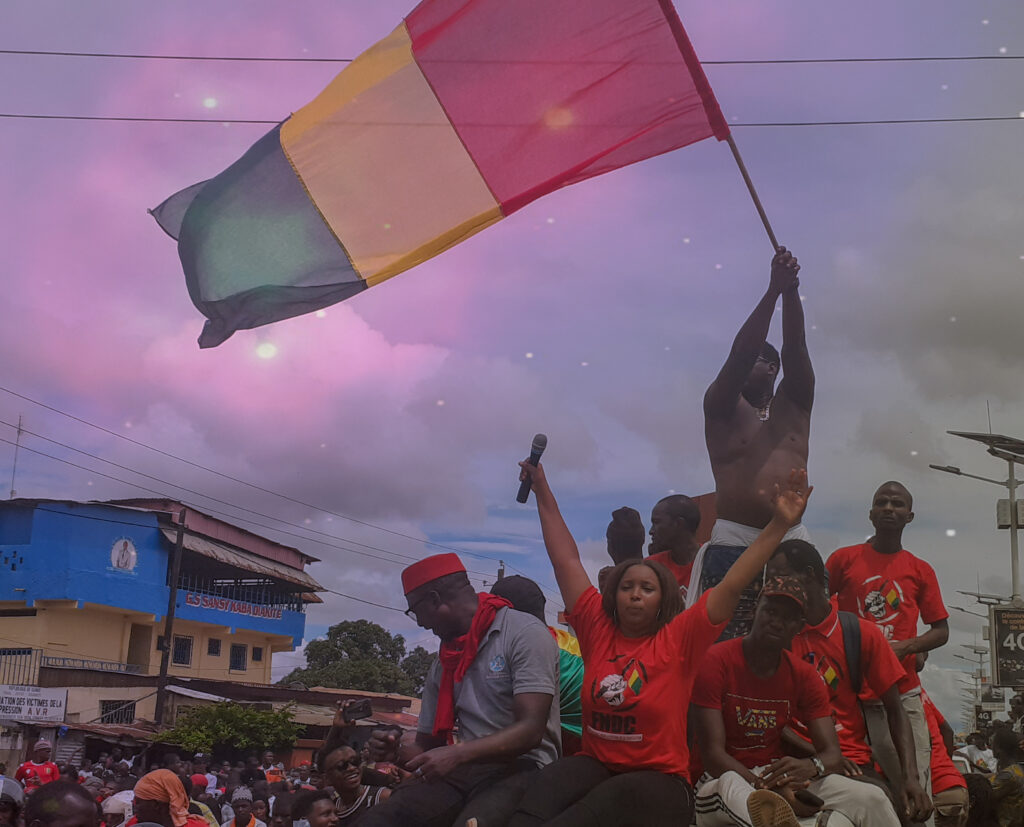Guinea’s capital, Conakry, was rocked by violence on Monday as two young individuals lost their lives amidst the chaos of the first day of an indefinite general strike.
The strike, organized by a coalition of major unions, aimed to denounce the military government’s alleged suppression of dissent since seizing power in 2021.
The unions called for widespread participation from both public and private sectors to demand the release of a prominent media activist, lower food prices, and an end to media censorship.
As the strike commenced, Conakry witnessed a virtual shutdown, with schools, shops, markets, and roads deserted, while hospitals operated with minimal staff. Concurrently, barricades erected by youths littered key thoroughfares, and sporadic clashes erupted in some areas, resulting in the fatal shooting of two young men.
Adama Keita, a relative of one of the victims, expressed grief over the senseless loss, stating, “They killed our son, they targeted him and shot him in the neck.” Confirming the deaths, a witness and a police source, who requested anonymity, corroborated the tragic events, underscoring the tense atmosphere prevailing in the city.
The strike unfolded against the backdrop of escalating tensions following the military’s abrupt dissolution of the transitional government, which had been in power since July 2022.
General Mamady Doumbouya’s military regime has faced criticism for its crackdown on dissent, including the suppression of protests, arrests of opposition figures, civil society members, and journalists, as well as media censorship. Despite the government’s recent lifting of internet restrictions, discontent among Guineans persists, culminating in widespread support for the ongoing strike.
Even within government circles, voices of dissent have emerged, with some officials anonymously expressing solidarity with the striking populace. A ministry official remarked, “This strike is welcome; it will force the authorities to understand that they are not gods on earth,” reflecting the widespread frustration with the prevailing conditions in Guinea.

